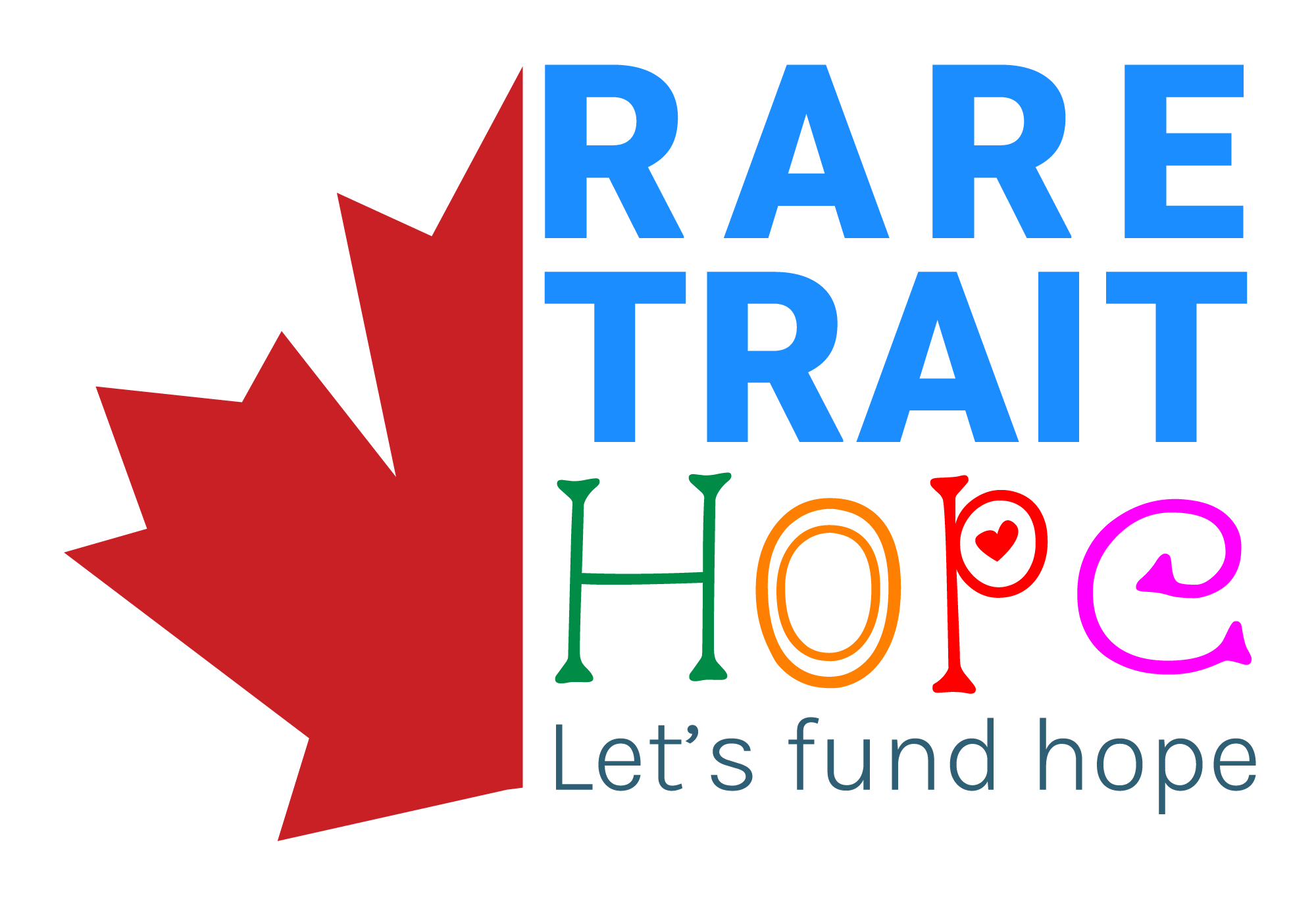Disease
Aspartylglucosaminuria, often referred to as AGU, is a rare genetic, autosomal recessive disease that results in an inability of the body to breakdown fats, proteins and sugars. This process is necessary for appropriate mental and physical development.
AGU kids are born healthy and happy. They develop and learn skills normally. As the disease progresses and waste builds up in their body, between the ages of 2 and 5 years, the first signs of the disease start to appear.
Life expectancy is from 25 to 35 years of age. Young adults typically die from infections. Prior to death, AGU causes intellectual disability which progressively worsens in adolescence. Most people with this disorder lose much of the speech they have learned and affected adults usually have only a few words in their vocabulary. Adults with AGU may develop seizures or problems with movement. There is currently no approved treatment for AGU.
Most of the reported AGU cases are found in Finland. As of 2012, there were about 260 reported cases of AGU in Finland, where the total population is about five million. One in 18,500 babies is born with AGU in Finland and 1 in 81 people in Finland are carriers of AGU.
The incidence of AGU outside Finland is unknown. The reports of the documented cases came from different countries around the world and currently account for about 50 described cases.
